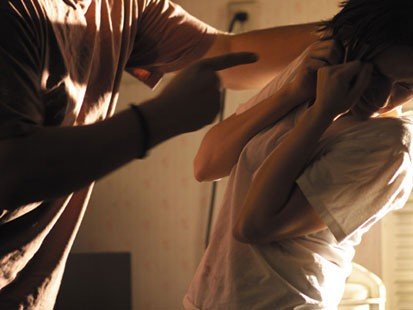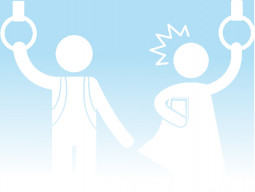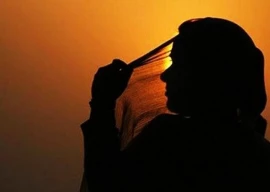
An estimate quoted in the Journal of Pakistan Medical Association (JPMA) reveals that approximately 70 to 90 percent of Pakistani women are subjected to domestic violence, including physical, mental, and emotional abuse.
It is further observed that in most cases the perpetrator of violence is the husband. Yet however, escaping an abusive marriage and sustaining independently remains one of the most wildering processes for women, especially in the province of Khyber Pakhtunkhwa (K-P) which has the highest number of family court cases in the country, including Khula petitions.
This is also the ordeal of Lubna Bibi, who is trying to escape partnership with her violent husband but is forced to circle the Peshawar Family Court without significant progress and several roadblocks. “It is particularly difficult for me because my in-laws, as well as my own brother and father, are hunting me down to coerce me to withdraw the Khula appeal. They keep sending me threats because they think my divorce would bring dishonor to their name,” told the distressed woman.
Read: Domestic violence, harassment highlighted at women’s moot
On the other hand, 35-year old Razia Khan, who was able to attain khula after a long and gruelling process, believes that it is a right granted to a woman by Islam and the process should be made easier. “I know from my experience that it has never been easy to attain khula in a male-dominated society like K-P, but I was committed to challenging such norms in pursuits of my religious right,” said Khan, who now teaches in a private school that subsidises her children’s tuition in exchange for her service. “I have separated myself and my children from my violent husband and live with my siblings. The money I get from teaching, I use to pay our bills,” she added.
Per a report of district Judiciary Khyber Pakhtunkhwa for January 2021 to December 2021, a total of 21,572 family cases were registered across the province during the period, while towards the end of the year over 17,285 of those cases still stood pending.
According to Asma Bibi, who works as Assistant Complaint Officer at Human Rights Commission Peshawar, about 10,000 cases were filed by women in family courts till July 2021. “In most of these cases, the complainant [women] reported domestic violence, forced marriage, drug usage or extra-marital affairs by the husband, as the reason behind the appeal. This year we received around 80 family cases with such courts and about 95 per cent of them have been resolved with mutual understanding of both the parties,” claimed the complaint officer. However, it is worth noting here that like Lubna Bibi’s case, oftentimes families on both ends of the marriage try to coerce the woman into dropping legal petitions and solving the matter with ‘mutual understanding,’ within the four walls of the house. In such cases, the woman, if she chooses to withdraw her petition, is commonly seen to land back into the same cycle of abuse and trauma, that she had stepped out to escape from.
Peshawar High Court’s Advocate Abbas Sangeen Khan believes that increasing inflation and shortage of jobs is one of the primary reasons behind family disputes among spouses in the north-western province. “Other reasons include issues emerging from living in a joint family and [extramarital] love affairs that seem to stem from social media,” he told.
According to Qamar Naseem, who is a social worker and Human Rights, divorce is still one of the most controversial topics of discussion in Pakistani society, and the existing stigmas make it even more complicated to address. “Domestic violence was seen to surge during the Covid-19 pandemic. As a result of which the number of divorce cases also grew, not only in K-P but also in the rest of the country. “There is a dire need of social counselling for married men and women. The government should arrange such counselling sessions on the community level because the divorce and Khula ratio seems to be increasing day by day, which not only affects the husband and wife but also the children,” he told The Express Tribune.
Published in The Express Tribune, March 13th, 2022.


1732797811-0/BeFunky-collage-(4)1732797811-0-165x106.webp)


1732796151-0/dj-drake-(1)1732796151-0-165x106.webp)
















COMMENTS
Comments are moderated and generally will be posted if they are on-topic and not abusive.
For more information, please see our Comments FAQ